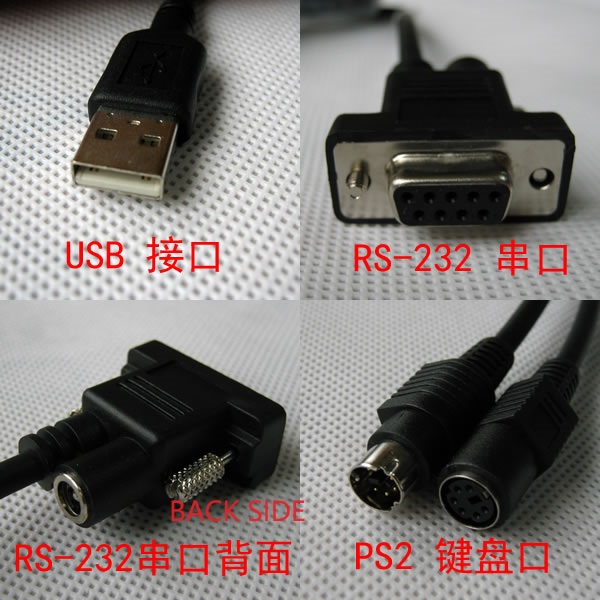This article was last revised in 330 Days ago, some of its contents may have changed. If you have any questions, you can ask the author。

Demystifying Barcode Scanner Interfaces:
Different types of Interfaces,Which One is Right for You?
When you decide to purchase a syblecode barcode scanner, you need to know and understand the various barcode scanner interfaces available and make an informed decision to select the right one.
1. USB-KBW (Keyboard Wedge):
The USB-KBW interface allows the barcode scanner to function as a virtual keyboard device. It directly inputs the scanned data into the active input field on the computer, just like a keyboard. This interface is convenient when you need to scan barcodes into any application without making any changes to the software. It is commonly used in retail environments, where barcodes are scanned into point-of-sale (POS) systems or inventory management software.
2. USB HID-POS (Human Interface Device-Point of Sale):
The USB HID-POS interface is specifically designed for barcode scanners used in point-of-sale (POS) systems. It provides a standardized way for the barcode scanner to communicate with the POS software. This interface typically requires additional software drivers to be installed on the computer. It is widely used in retail and hospitality industries for fast and accurate barcode scanning at the checkout counter.
3. USB-COM (Universal Serial Bus-Communication):
The USB-COM interface emulates a serial port on the computer through the USB connection. It allows the barcode scanner to communicate with the computer using serial communication protocols.This interface is suitable for applications where legacy systems or older software require serial communication. It is commonly used in industrial settings, such as manufacturing or logistics, where barcode scanners are integrated with older equipment or software.
4. RS232 (Recommended Standard 232):
RS232 is a standard serial communication interface that has been widely used in various industries for a long time. Barcode scanners with RS232 interface transmit data directly to the computer through serial ports. Although it is an older interface, it still finds its usage in industrial environments where compatibility with existing systems or machinery is essential.
5. PS2 (Personal System/2):
The PS2 interface was commonly used for connecting keyboards and mice to older computers. However, some barcode scanners still support this interface. Similar to the USB-KBW interface, the PS2 interface emulates a keyboard device, transmitting the scanned data as keystrokes. It is mainly found in legacy systems and older computers that may not have USB ports or require PS2 connectivity.
|
|
||||||||||||||||||
|
|
|
|
It's important to note that the choice of interface depends on the specific requirements of your application, the compatibility with existing systems, and the availability of ports on your computer or device.